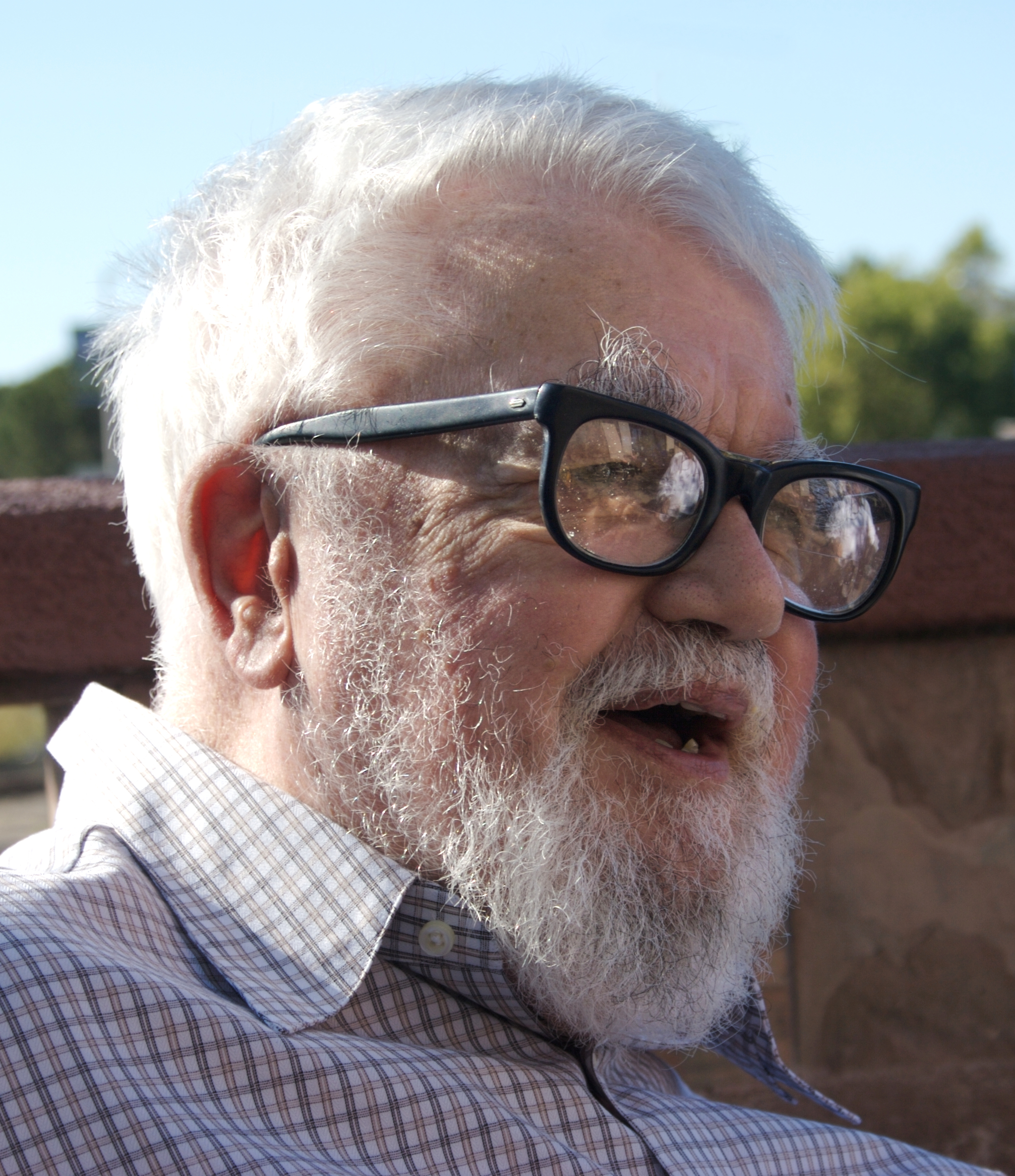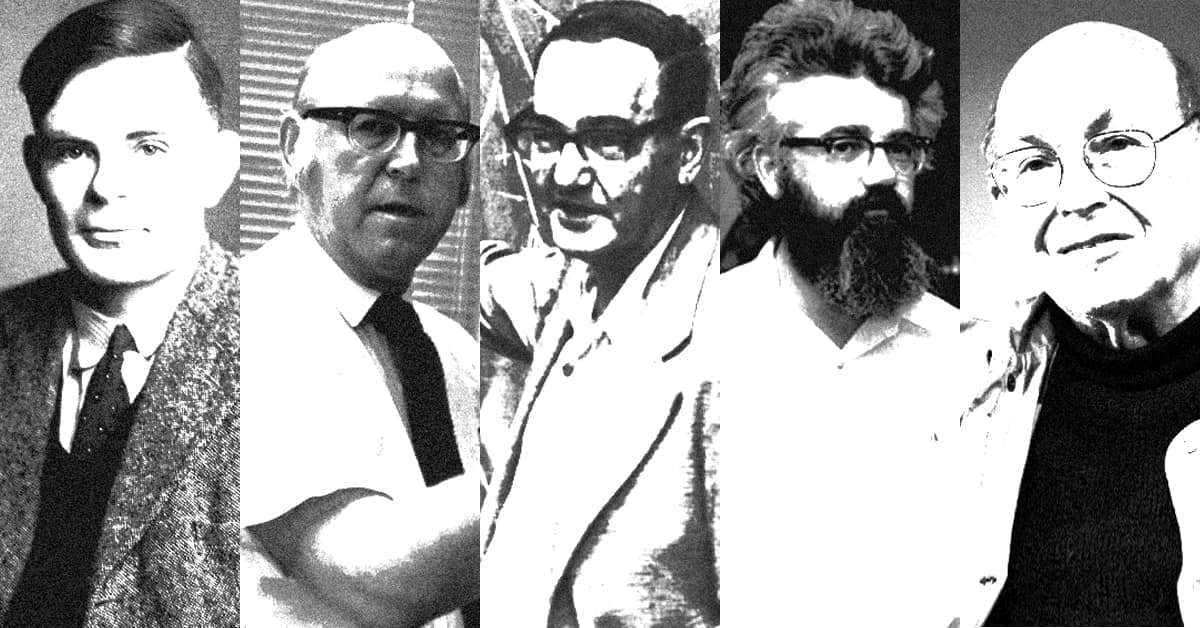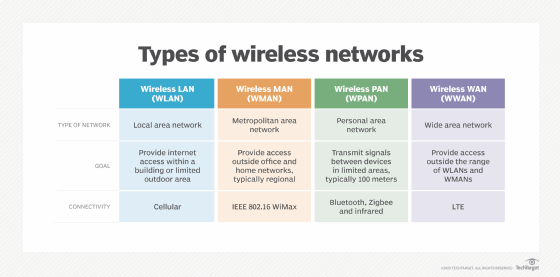Who Found Artificial Intelligence?
Artificial Intelligence (AI) is a branch of computer science that focuses on creating machines that can think, act, and learn like humans. AI has been around for decades, but it has become increasingly popular in recent years. The origin of AI dates back to the 1950s, when computer scientist Alan Turing proposed the Turing Test, a test designed to determine whether a computer could exhibit human-like intelligence. Since then, AI has been developed and improved by many researchers, including Marvin Minsky, John McCarthy, and Herbert Simon. Today, AI is used in a variety of industries, ranging from healthcare to finance. It has also been used in robotics, natural language processing, and machine learning. AI is a rapidly evolving field, and its potential for transforming our lives is vast.
What is Artificial Intelligence?
Artificial Intelligence, or AI, is a field of computer science that focuses on developing computer systems that can simulate human behavior and thought processes. AI is used in a wide range of applications, from self-driving cars to facial recognition software and even in the healthcare industry. AI systems are designed to learn from their environment and adapt to changes in order to better understand and solve problems. AI is often used to improve the accuracy and speed of decision making, as well as to automate certain tasks. AI has been around since the 1950s, but the technology has become increasingly more sophisticated over the years.
So, who found Artificial Intelligence? The field of Artificial Intelligence was founded by a group of researchers including Marvin Minsky, John McCarthy, Allen Newell, and Herbert Simon. These researchers began exploring AI in the late 1950s, and their work laid the foundation for the development of modern AI. Since then, AI has continued to evolve and make great strides in a variety of fields. Today, AI is an integral part of our modern lives, automating and simplifying tasks in ways that weren’t possible before. AI is continuously advancing, and its potential to revolutionize the way we live and work is virtually limitless.
A Brief History of Artificial Intelligence
The history of Artificial Intelligence (AI) dates back to the mid-20th century, when computer scientists and mathematicians first began to explore the potential of computers to think and reason like humans. It was during this period that the concept of a ‘thinking machine’ was proposed, and the first AI algorithms and programs were created. In the 1950s, researchers developed a number of early AI programs, such as the Logic Theorist, which could solve problems using a form of logic. In the 1960s, the field of AI was advanced by the invention of the first digital computer, which enabled scientists to develop more complex programs. In the 1970s and 1980s, the development of AI accelerated with the introduction of neural networks and machine learning algorithms. By the late 1990s, AI had become an integral part of many industries, including healthcare, finance, and military operations. Today, AI is used in a variety of ways, from autonomous vehicles to facial recognition software. AI has also enabled the development of many sophisticated technologies, such as natural language processing, deep learning, and robotics. From its inception, AI has been an ever-evolving field, and it has come a long way since the 1950s. As AI continues to develop, it will no doubt have an even greater impact on our lives.
Early Pioneers in Artificial Intelligence
AI has become an integral part of our lives today, but who were the pioneers that helped make it a reality? In the 1950s, a handful of scientists and engineers began to explore the possibility of creating machines that could think and learn like humans. These early pioneers, such as John McCarthy, Marvin Minsky, Alan Turing, and Herbert Simon, laid the groundwork for the development of modern AI.
John McCarthy is often credited as the father of AI. He coined the term “artificial intelligence” in 1956 and is credited with creating the first AI programming language, Lisp. McCarthy was also a proponent of the idea of using computers to solve problems that would otherwise require human intelligence. Marvin Minsky was the first director of MIT’s Artificial Intelligence Laboratory and developed several algorithms for AI, including the “frame problem” which is still used today.
Alan Turing is considered one of the most influential computer scientists of all time. He developed the concept of the “universal machine” which is the basis for modern computers. Turing also developed the Turing Test, which is a method of evaluating AI systems. Herbert Simon is known as the father of artificial intelligence research. He developed the notion of “bounded rationality” which is the idea that humans cannot always make the best decisions. Simon was also the first to suggest that AI systems could learn from their mistakes.
These early pioneers of AI paved the way for modern AI research and development. Their contributions have had a lasting impact on the field and are still relevant today. Their work has enabled us to create intelligent machines that can think and learn like humans.

Recent Developments in Artificial Intelligence
The last decade has seen a remarkable surge in the development of Artificial Intelligence (AI) technology. The rapid advancement of AI has been driven by advancements in computing power, data mining technologies, and the development of algorithms that can effectively process large amounts of data. AI is now being used in a wide variety of industries, including healthcare, finance, marketing, and robotics. However, it’s important to remember that AI is not a new concept; it has been around for decades, and its roots can be traced back to the 1940s. During this time, Alan Turing and John McCarthy developed the first AI systems, which laid the foundation for modern AI technology. Since then, the field of AI has seen numerous advancements, including machine learning, natural language processing, and robotics. AI is now being used to automate mundane tasks, make predictions, and understand human behavior. It’s clear that AI is here to stay and will continue to shape the future of technology.
The Impact of Artificial Intelligence
(AI)
Artificial Intelligence (AI) is a rapidly-evolving field of computer science that has drastically changed the way we interact with technology. AI has the potential to revolutionize our world, and it’s already making impressive strides in many areas, from healthcare to transportation. AI has become increasingly important in recent years, as it has enabled computers to “think” and understand complex tasks in a way that was previously impossible. But who was responsible for discovering this incredible new technology?
The history of AI can be traced all the way back to the 1940s, where the first real research into the field began. Pioneers such as Alan Turing, John McCarthy, and Marvin Minsky laid the foundation for the development of AI, and their work paved the way for the modern advancements in AI today. In recent years, AI has progressed rapidly, with new breakthroughs in machine learning, natural language processing, and robotics. AI has also been applied to a wide range of industries, such as healthcare, finance, and transportation.
The impact of AI on our lives has been tremendous, and the possibilities for the future are endless. AI is already being used to automate tedious tasks, improve healthcare outcomes, and increase efficiency in the workplace. As AI continues to evolve, we can expect to see even more advancements, as well as new opportunities and challenges. With its potential to revolutionize our lives, it’s no wonder that AI has become an area of intense research and development.
Looking Ahead to the Future of Artificial Intelligence
The field of artificial intelligence has made remarkable progress in the past few decades and it looks set to continue to expand and develop in the years to come. From autonomous vehicles to voice-controlled home assistants, AI technology is increasingly being used in everyday life. But who are the pioneers that made this possible?
The development of the field of artificial intelligence began in the 1950s, when Alan Turing proposed the idea of machines capable of thinking and reasoning in a paper titled “Computing Machinery and Intelligence”. Turing’s work laid the foundation for research that would shape the future of AI, with the publication of the first AI algorithm in the 1950s.
In 1956, John McCarthy coined the term “artificial intelligence” and proposed a conference on the subject. The conference brought together some of the most influential figures in the field, including Marvin Minsky, Allen Newell, and Herbert Simon. This event is now known as the Dartmouth Conference and is seen as the beginning of the modern era of AI research.
The 1980s saw the development of expert systems, which used rule-based programming to solve specific problems. In the 1990s, AI research focused on machine learning, which allowed computers to learn from data without being explicitly programmed. And in the 2000s, AI saw the development of deep learning, which uses layers of artificial neurons to create complex models.
Today, AI is being used in a range of applications from autonomous vehicles to medical diagnosis, and the field is continuing to evolve. As AI technology continues to develop, it’s thanks to the pioneers of the past that we are now able to look ahead to the future of artificial intelligence.
FAQs About the Who Found Artificial Intelligence?
1. Who invented Artificial Intelligence?
The concept of Artificial Intelligence (AI) was first proposed by mathematician Alan Turing in 1950.
2. Who is credited with the development of the first practical AI system?
In 1956, John McCarthy, Marvin Minsky, Nathaniel Rochester, and Claude Shannon developed the first practical AI system. This system, known as the Logical Theorist, was able to solve problems such as algebraic equations.
3. What other breakthroughs have been made in the development of Artificial Intelligence?
Since its inception, many advances have been made in the field of Artificial Intelligence including natural language processing, machine learning, computer vision, and robotics. More recently, AI has been used in a variety of applications such as medical diagnosis, self-driving cars, and automated customer service.
Conclusion
In conclusion, the history of artificial intelligence is complex and varied. While no single person or group can be credited with inventing artificial intelligence, the origins of AI can be traced back to the early 1950s when several scientists began theorizing about the possibility of machine intelligence. Since then, artificial intelligence has been developed in a variety of fields, such as robotics, natural language processing, computer vision, and machine learning. Today, AI has become an integral part of our lives, and its applications span a wide range of disciplines.




